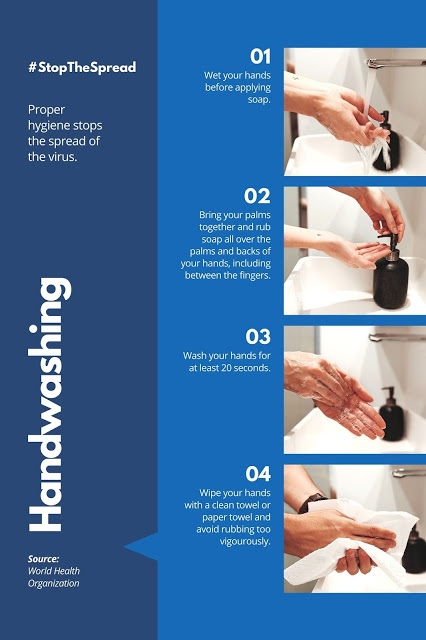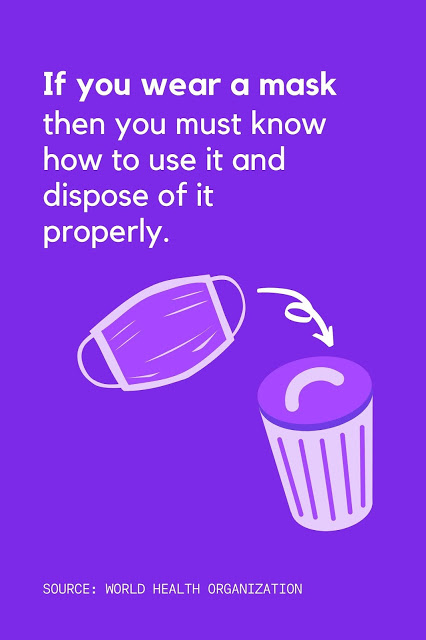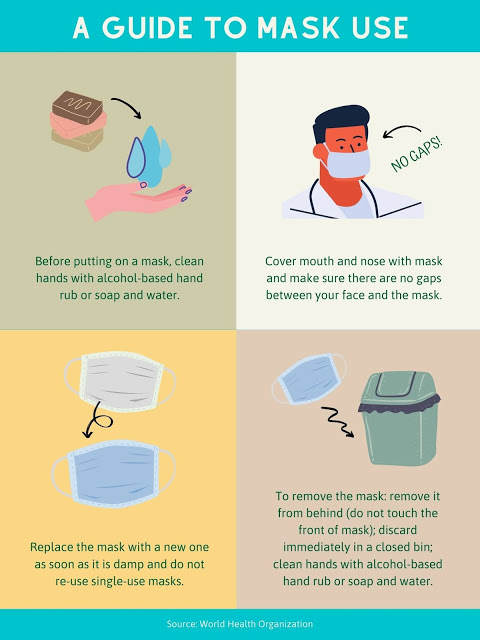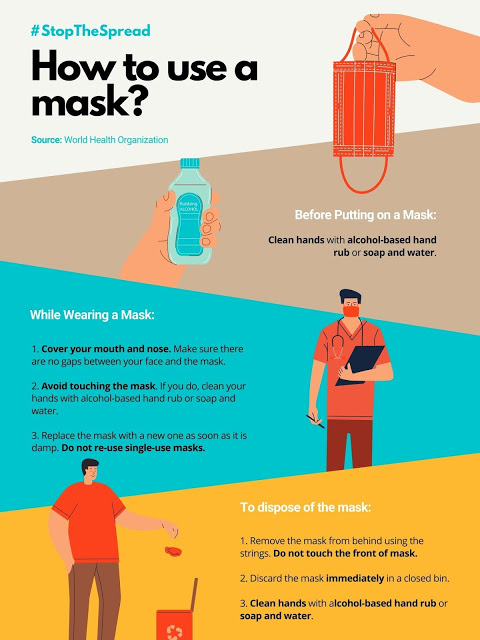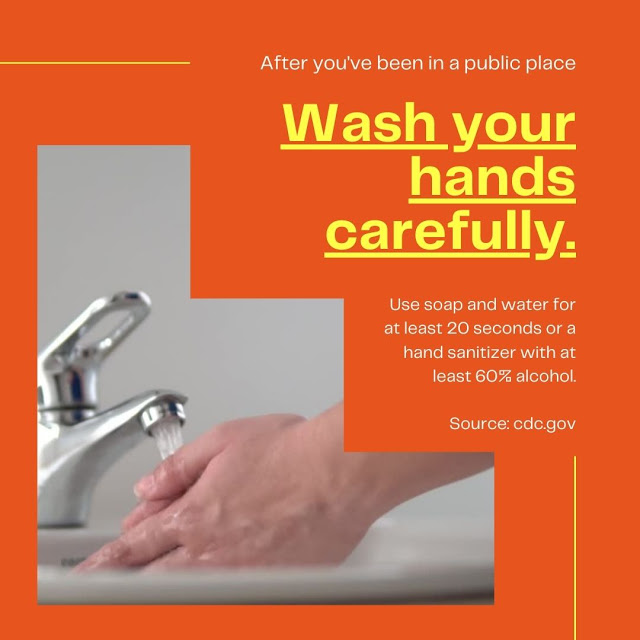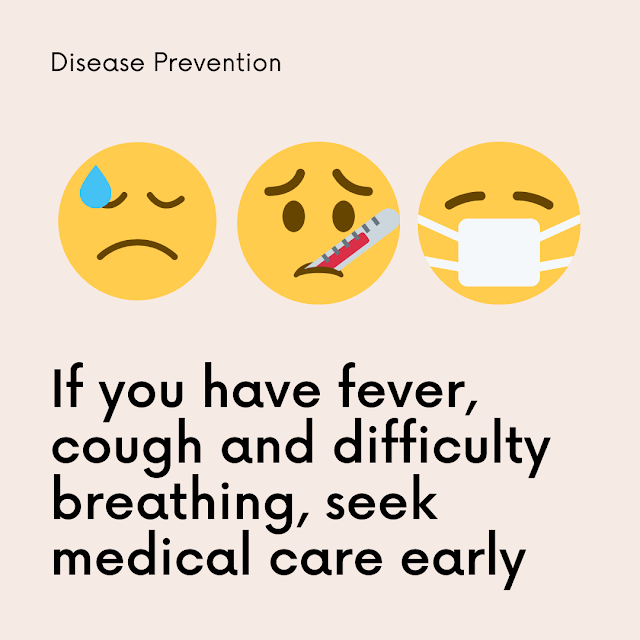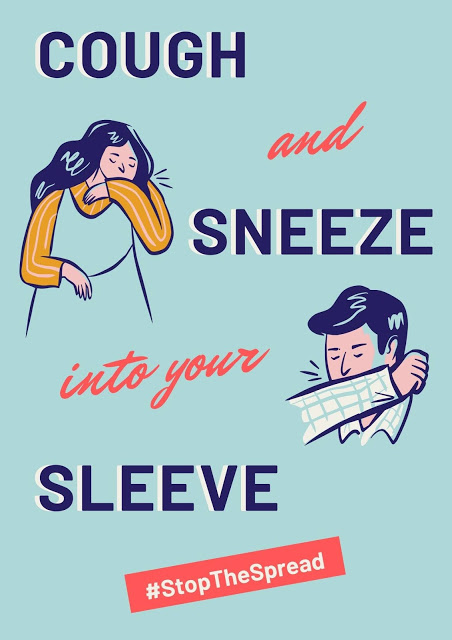Mask:
A mask is a piece of cloth or other material, that cover to all or parts of face to protect from germs or other harmful substances.
There are found various types of masks : Fitted N95 mask, surgical mask, Cotton/polyester masks, Valved mask, Bandanas and Neck gaiters etc.
Surgical mask:
Surgical mask are also known as face mask or medical mask. Surgical mask, are used to maintain hygiene in certain environment. Surgical mask were introduced in hospitals in the 18th century, but their use did not appear publicly before the Spanish flu in 1919 that caused the deaths of 500 million people.
General Use Surgical Mask
A surgical mask or face mask are used during surgeries and medical procedure.
The virus in the air or bacteria did not prove to be very effective and most of the viruses were spread in this way. Their failure was due to their looseness, absence of air cleaning filters and no eye protection. But these masks could help to prevent the virus from coughing or sneezing and reduce the risk of transmission of viruses from hand to mouth.
A 2016 study in New South Wales: found that people touch their mouths about 23 times an hour.
Professor Jonathan says: The breathing device has a filter to clean the air, and is specially designed to help avoid potentially hazardous particles in the air.
Professor Ball says
When you look at the general public's research on the benefits of masks, the figures don't look so impressive. '
They also say that it is very difficult to use the mask for a long time. '
The best way to prevent flu-causing viruses etc. is:
1- Wash hands regularly with hot water and soap
2- Avoid touching your eyes and nose as much as possible
3-Adopt a healthy lifestyle:
Masks should be worn correctly, changed and safely worn, and people should pay more attention to their physical, especially hand cleaning
4-Disposed off:
If you wear mask than you must know that how to wear it and dispose of it properly
How to use mask:
1-Before putting on a mask, clean hands with alcohol based hand rub or soap and water
Use soap and water to at least 20 seconds or with hand sanitizer with at least 60% alcohol.












